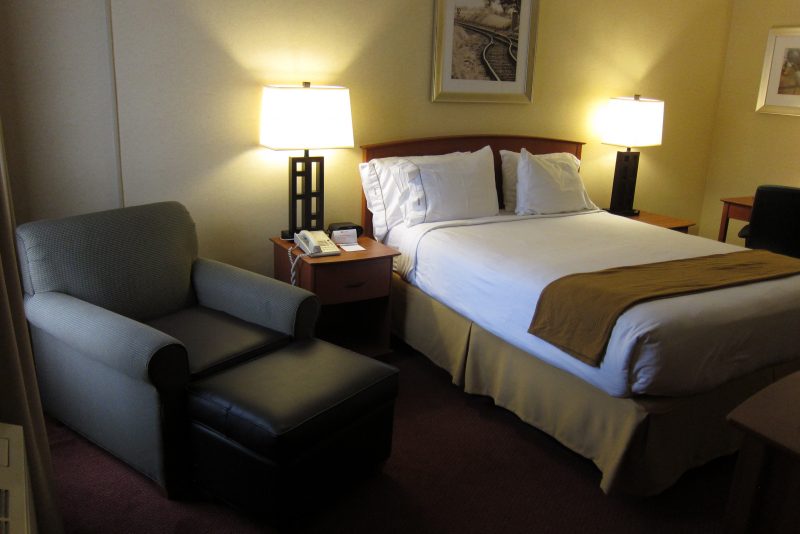SAP Americas CIO Michael Golz chooses his BlackBerry Q10 smartphone over all of the other shiny new devices, but he thinks the BlackBerry makes him “old fashioned” and admits he uses an iPad for just about everything other than email and calendar says Al Sacco at CIO.com Golz also detailed SAP’s platform-agnostic strategy.
At SAP, “we don’t focus on just one device or platform. We do it across multiple [platforms],” Golz said. It’s not surprising that SAP continues to support BlackBerry.
In fact, SAP is a BlackBerry Partner, and it’s currently sponsoring a development initiative called the BlackBerry and SAP Mobile Apps Challenge, which is designed to encourage app makers to build BlackBerry 10 apps for the SAP mobile platform.
However, as Michelle Maisto on eWeek says, BlackBerry has acknowledged that, eight months since launching its BlackBerry 10 platform, key apps are still missing. “We are 100 percent committed to working with the app partners and bringing the key apps and services that our users want to the platform,” Marty Mallick, BlackBerry’s vice president of Global Alliances, told eWEEK during an Aug. 19 interview.
“We like to say we’re not taking no for an answer because [BlackBerry is] being quite aggressive in reaching out to those partners.” Still, Mallick says he’s challenged to change users’ “perspective.” There are 120,000-plus apps in BlackBerry World, and the top 1,500 global brands are represented. Mallick’s job now, he said, is to “figure out how to change the conversation about what the platform does have.”
eWeek asked BlackBerry to identify the 10 Top Apps It Wants Users to Check Out – among the apps that featured from SAP was the SAP CFO Vantage : With this app, users can track key finance APIs and access analyst and media coverage anytime, from anywhere. It connects to SAP’s ERP system and enables fast analysis of competitors and target companies, as well as internal and external financial news content.
Fritz Nelson gives a good summary of the state of play of BlackBerry in the PandoDaily and states that after owning more than 40 percent of the US smartphone market as late as 2010, Blackberry is now clutching desperately to 5 percent share by almost every analyst measure.
The latest data shows that Windows Phone OS has overtaken the BlackBerry mobile OS. In 2007, Research In Motion’s stock almost reached $230 per share. Today it hovers between $10 and $11. Five years ago, the company’s market cap was at $72 billion. Today, it’s $5.65 billion.
Despite the recent round of job cuts announced at BlackBerry; an acquisition may be on the horizon, there are companies that could make something of what BlackBerry owns, among them Amazon, which has its own media, cloud and commerce engines, media devices etc, but has no smartphone. Then there is Dell, which could take two companies private, HP, perhaps hesitant to take on another risky mobile run, or VMware for whom BES might be interesting.
QNX, the embedded real time OS, which powers BlackBerry phones, cars, and medical devices, like the ones that monitor your health might be the jewel in the BlackBerry crown and may be something that companies like Cisco, SAP or IBM, all of whom are betting substantial capital on an Internet of Things, would see value.


